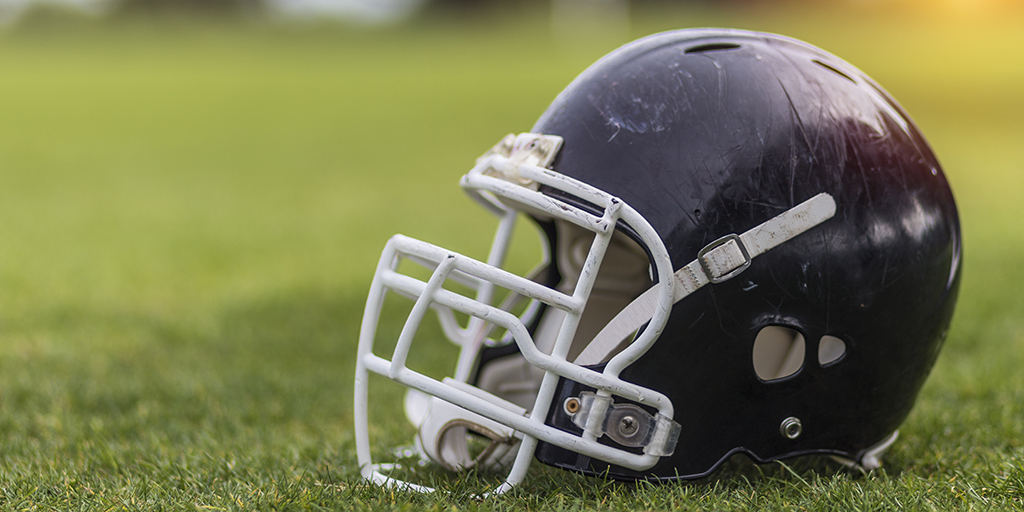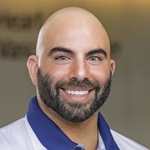Moral of the Study: Take Concussions Seriously

Find Your Perfect Match
Answer a few questions and we'll provide you with a list of primary care providers that best fit your needs.
Football season will soon kick off. And a recently published study gives players, their families, coaches and trainers a jolting reminder to take head injuries seriously.
The study, published in the medical journal JAMA, found that a neurodegenerative brain disease linked to having multiple concussions — or traumatic brain injury — was detected in 99 percent of donated brains of deceased NFL players (110 out of 111).
The brain disease, chronic traumatic encephalopathy (CTE), involves a buildup of plaque, similar to that linked to dementia. The plaque disrupts neuropathways in the brain, which may lead to symptoms such as memory loss, confusion, impaired judgment, aggression, depression, loss of impulse control and suicidal thoughts.
What Does This News Mean for Returning Athletes?
Premier Health Now took this question to Fadi Tayim, PhD, Division Chief of Neuropsychology with the Clinical Neuroscience Institute.
“A head injury of any kind can be very serious,” he says. “So, if an athlete suspects a head injury or concussion, he or she should report it immediately to a coach, athletic trainer or parent.’’
He adds, “There’s no cure for head injury, except for rest after an injury.” The American College of Sports Medicine recommends one to two weeks off with no playing time — in practice or competition — after a concussion.
Rest After Concussion is Critical
“You should refrain from any activity that has the potential for another head injury,” Dr. Tayim advises.
That’s because CTE develops from multiple concussions. (A concussion results from abrupt movement of the brain in, and against, the skull after a blow, bump or jolt to the head or body in contact sports like football and soccer, falls, and work and vehicle accidents.)
“If you have a repeat head injury when you’re still in the active phase of recovery for the initial injury, this can compound the effects of the brain injury and require a much longer recovery time,” he says. “Each multiple, successive head injury can exponentially increase cognitive deficits and recovery time.”
Monitoring Head Injuries
One solution is monitoring student athletes to keep them from returning to play too soon after a head injury. To help protect young players in the Dayton and Middletown region, Dr. Tayim says that Premier Health partners with 44 high schools, providing them ImPACT (Immediate Post-Concussion Assessment and Cognitive Testing)concussion management services. Student athletes receive pre-season and post-concussion ImPACT assessments to monitor their brain health and determine when they are ready to get back in the game. ImPACT also is used in collegiate and professional sports, as well as select military units.
Besides rest, Dr. Tayim recommends protective measures like wearing approved athletic gear, a motorcycle or bicycle helmet, or a seat belt to lower the risk of head trauma and CTE.
Dr. Tayim doesn’t discourage people from contact sports. “It’s everyone’s right to participate in the activities they find enjoyable. But it’s important if you do choose to continue in high contact sports that you report any head injury to your coach, athletic trainers, parents and teammates.”
Find Your Perfect Match
Answer a few questions and we'll provide you with a list of primary care providers that best fit your needs.
Source: Fadi Tayim, PhD, Division Chief of Neuropsychology, Clinical Neuroscience Institute; CNN; American College of Sports Medicine





